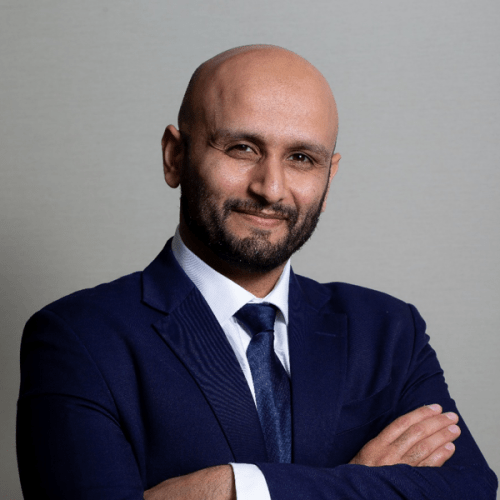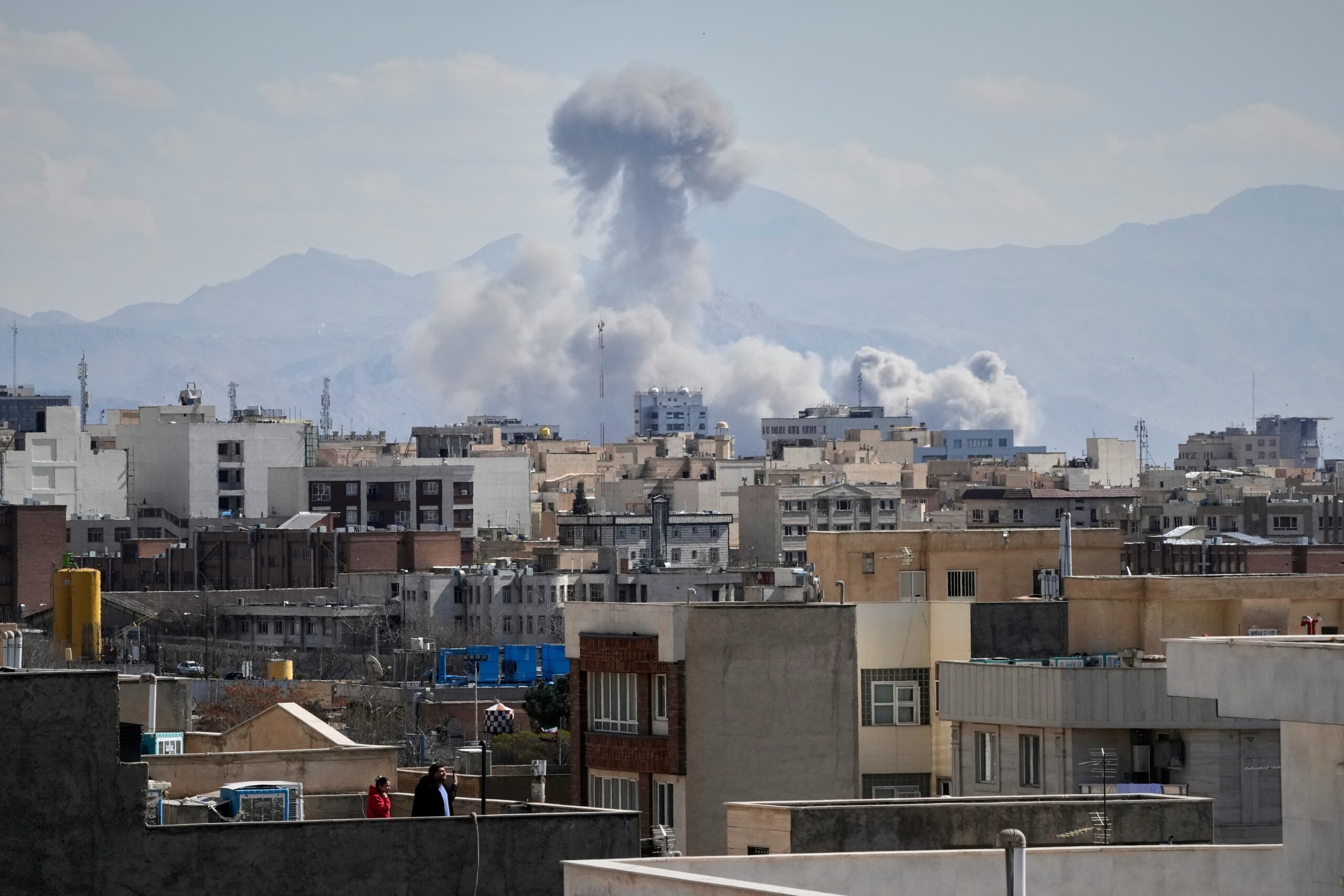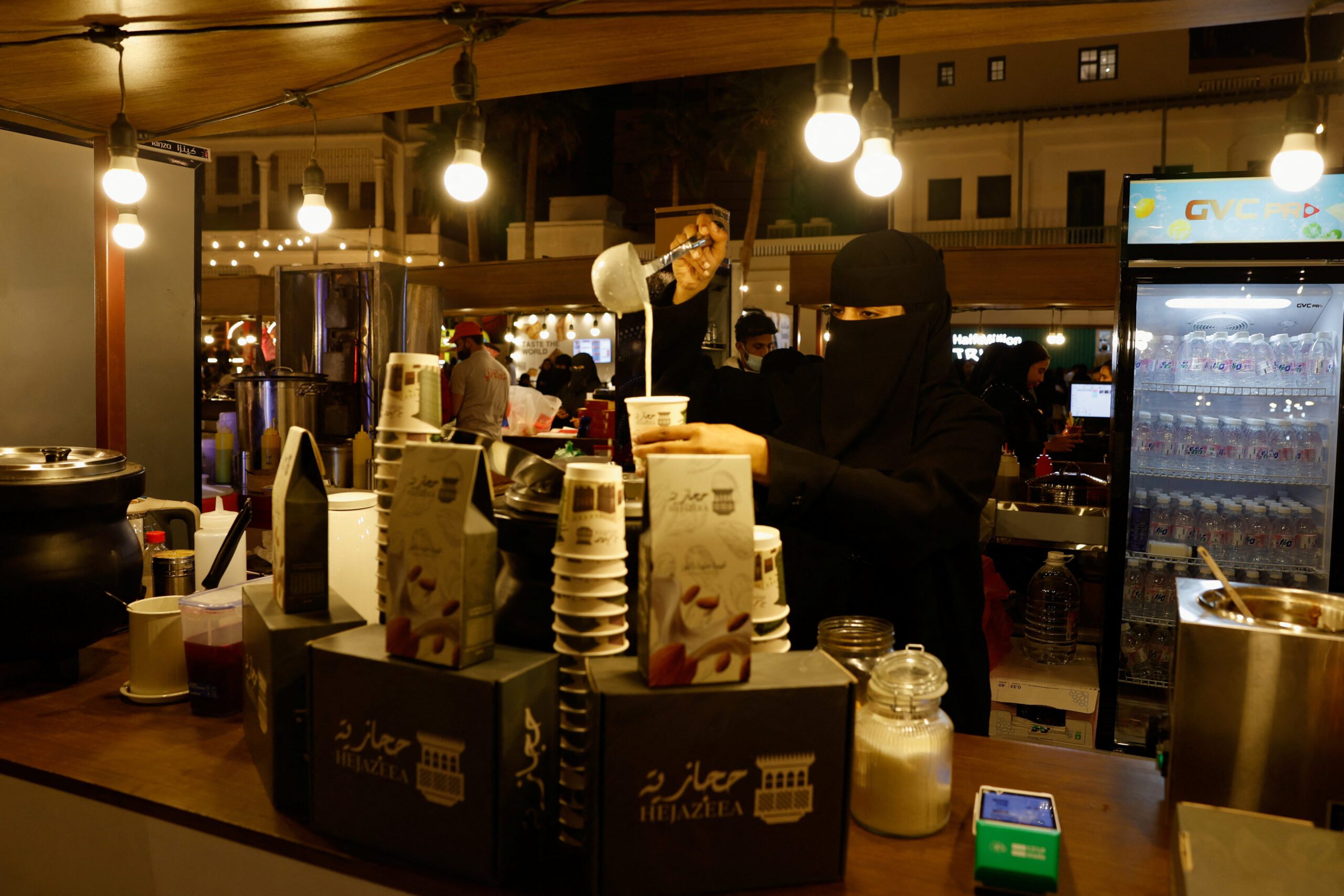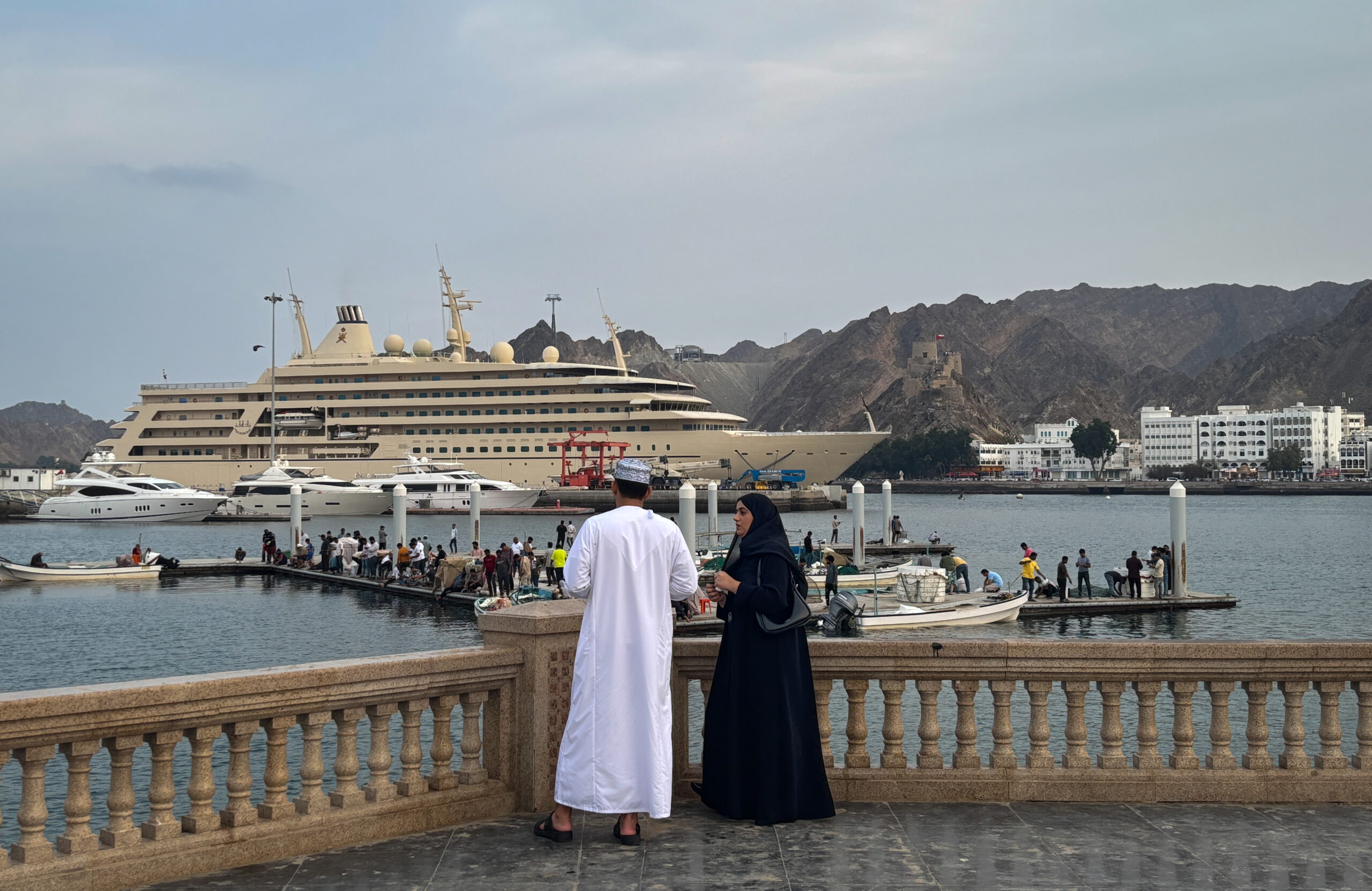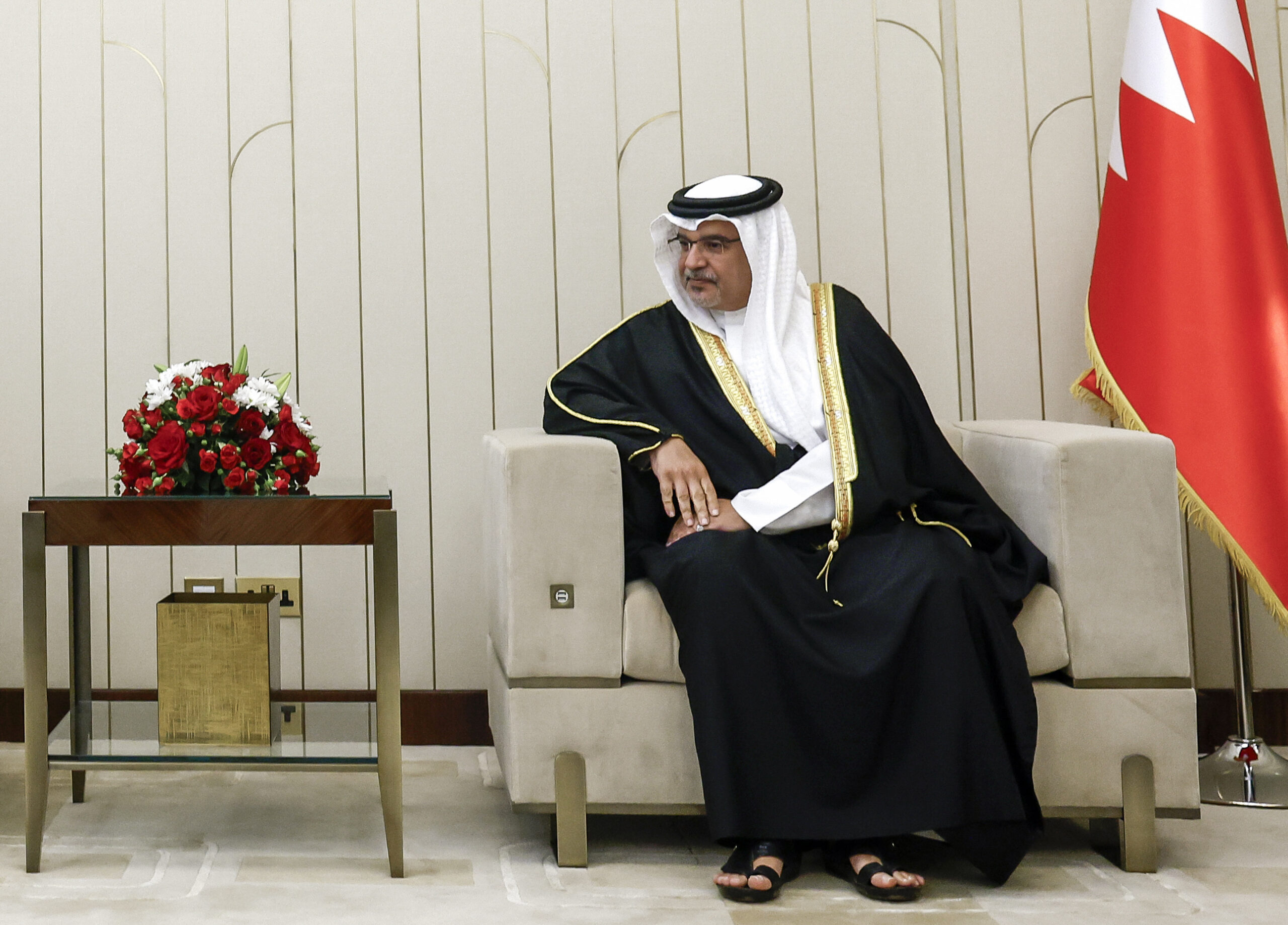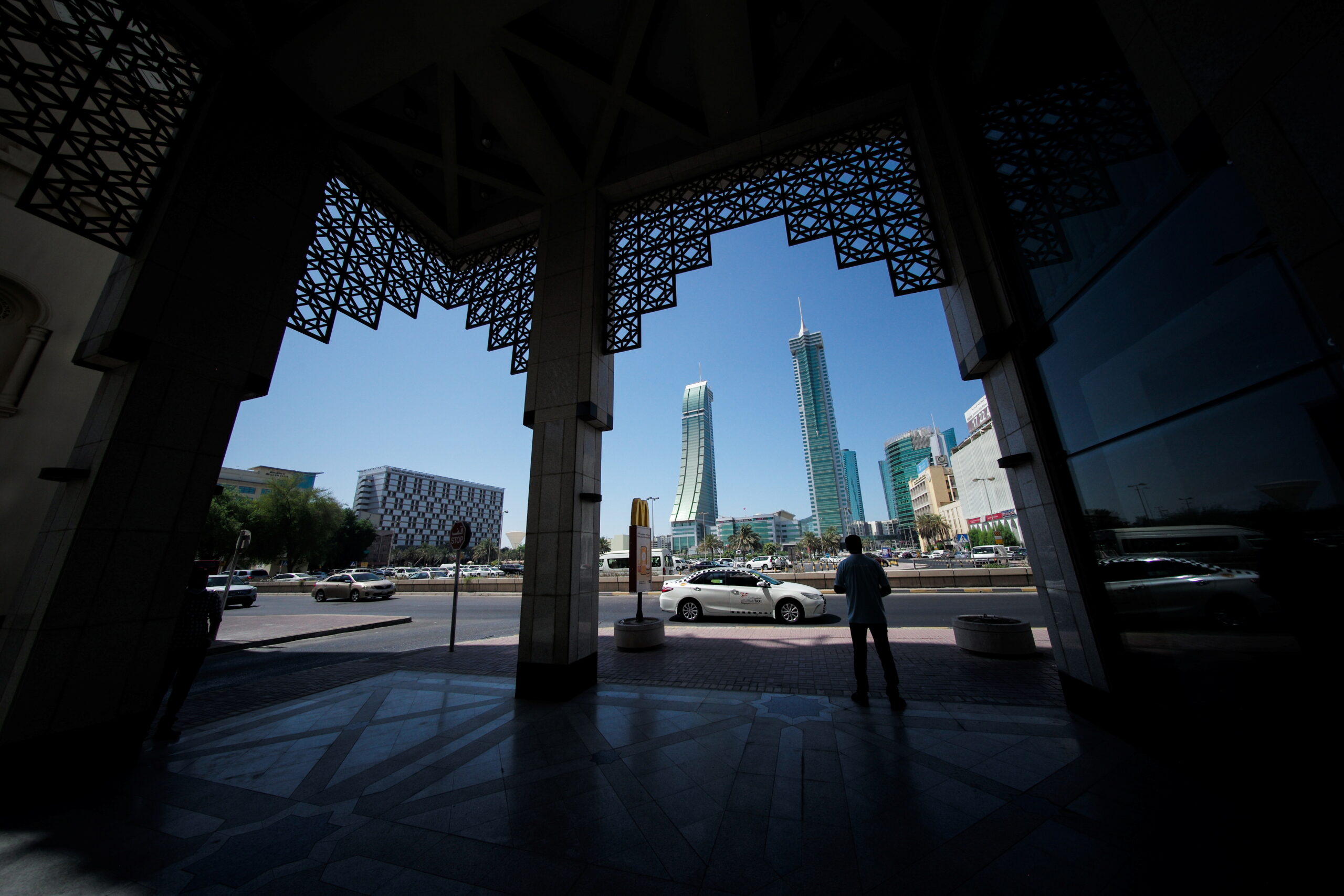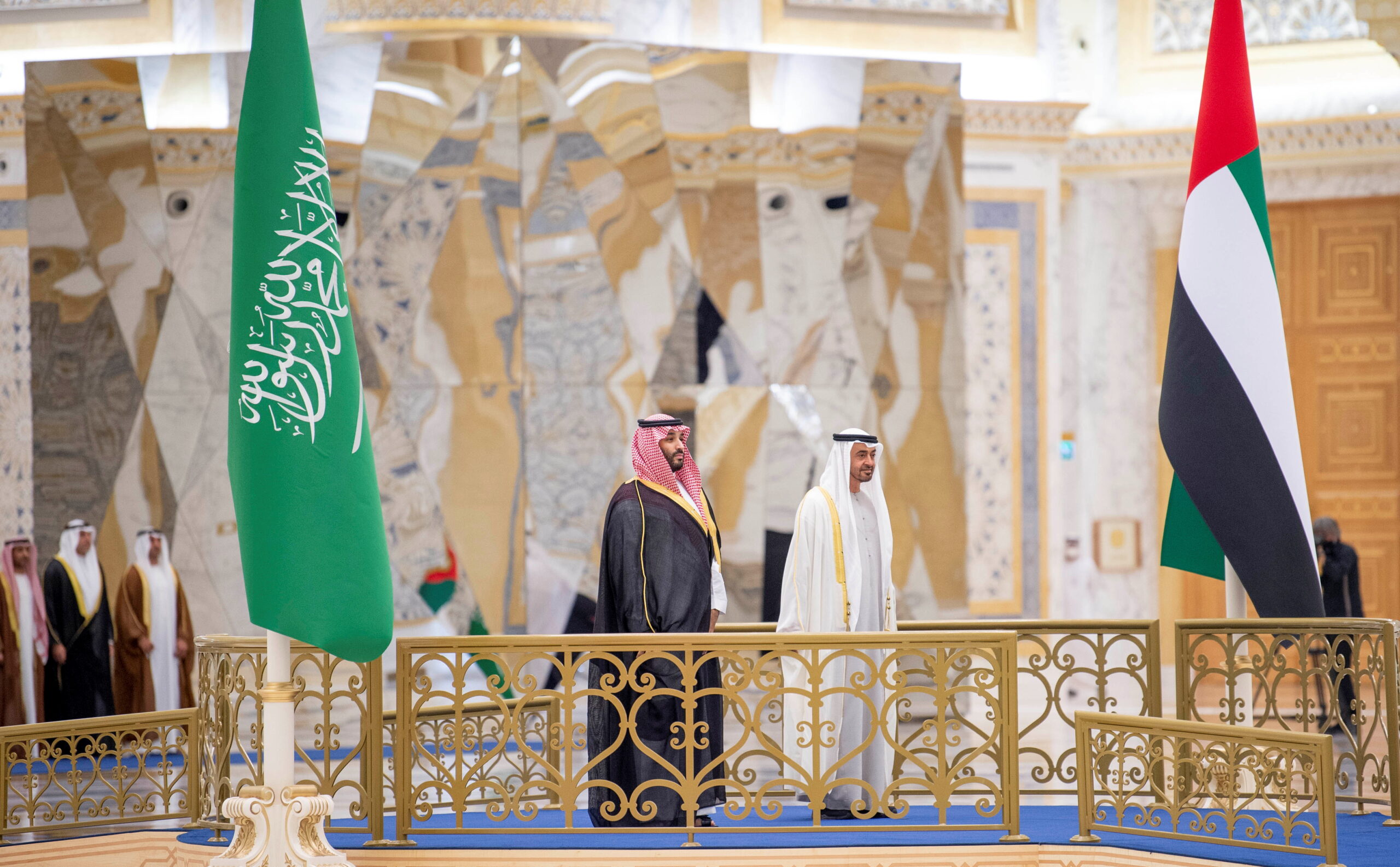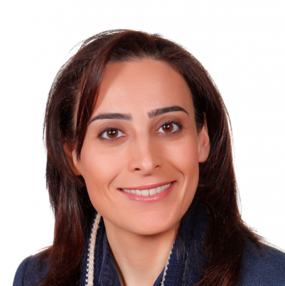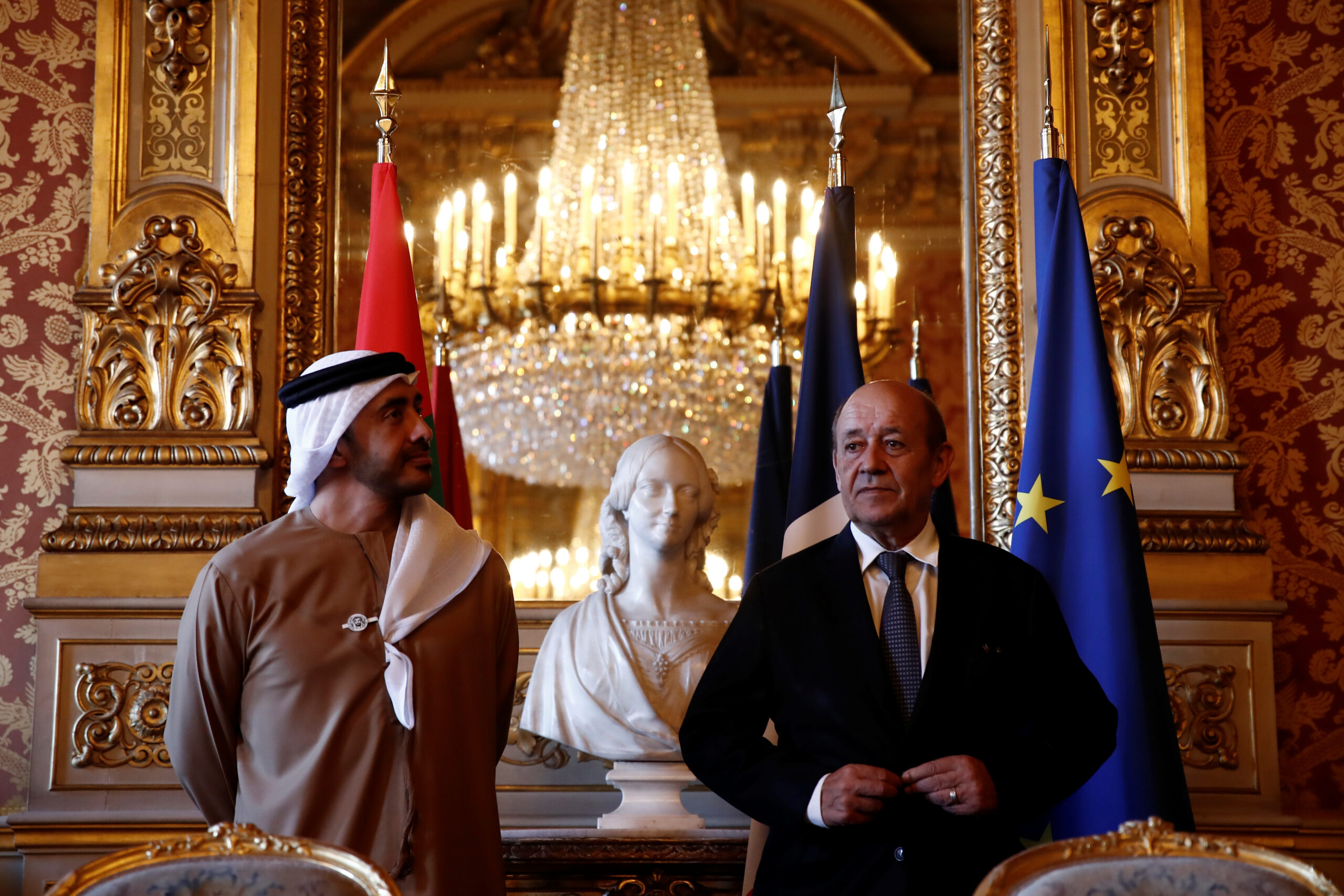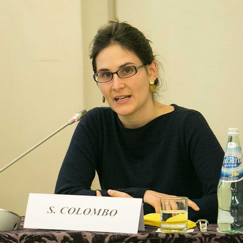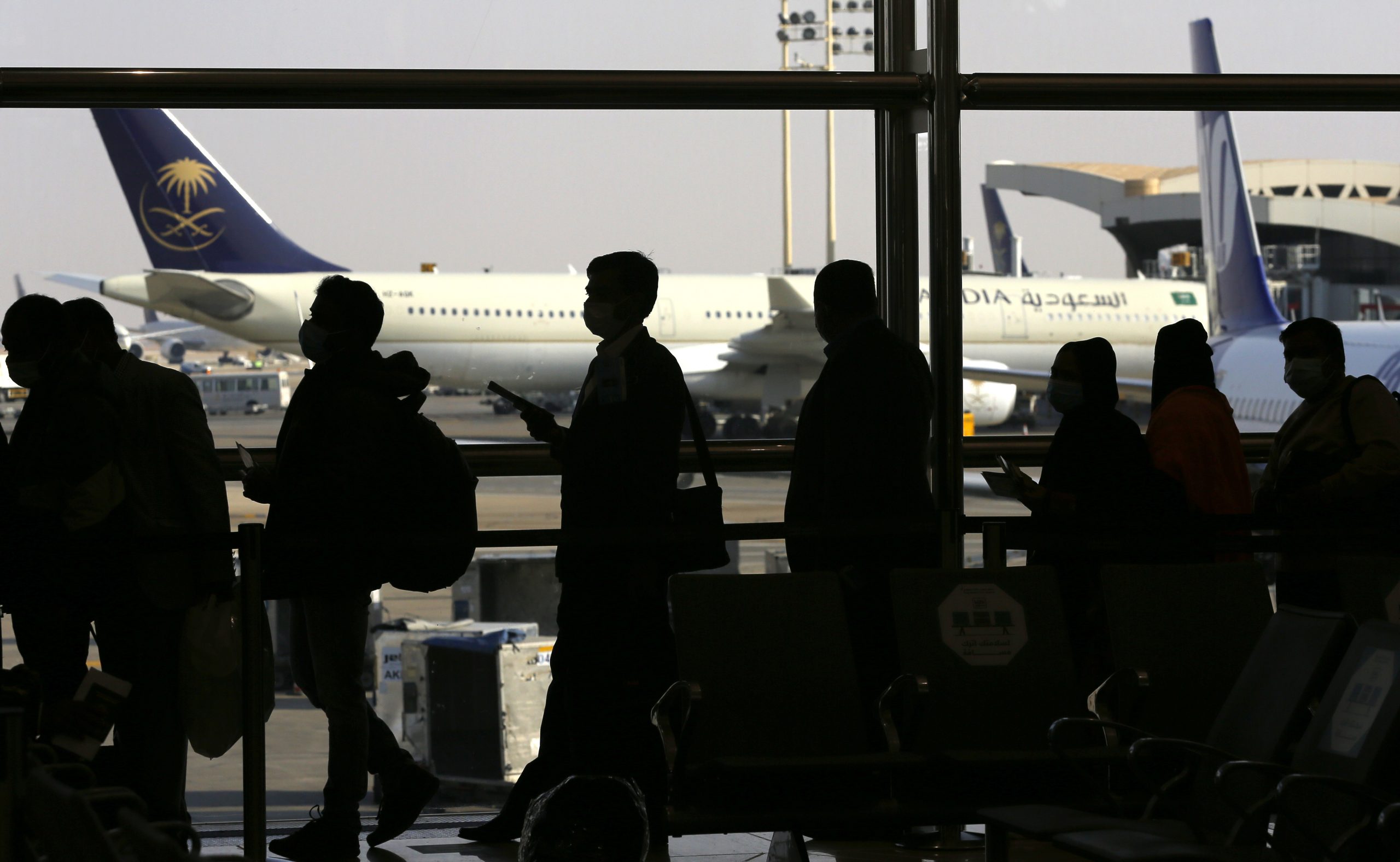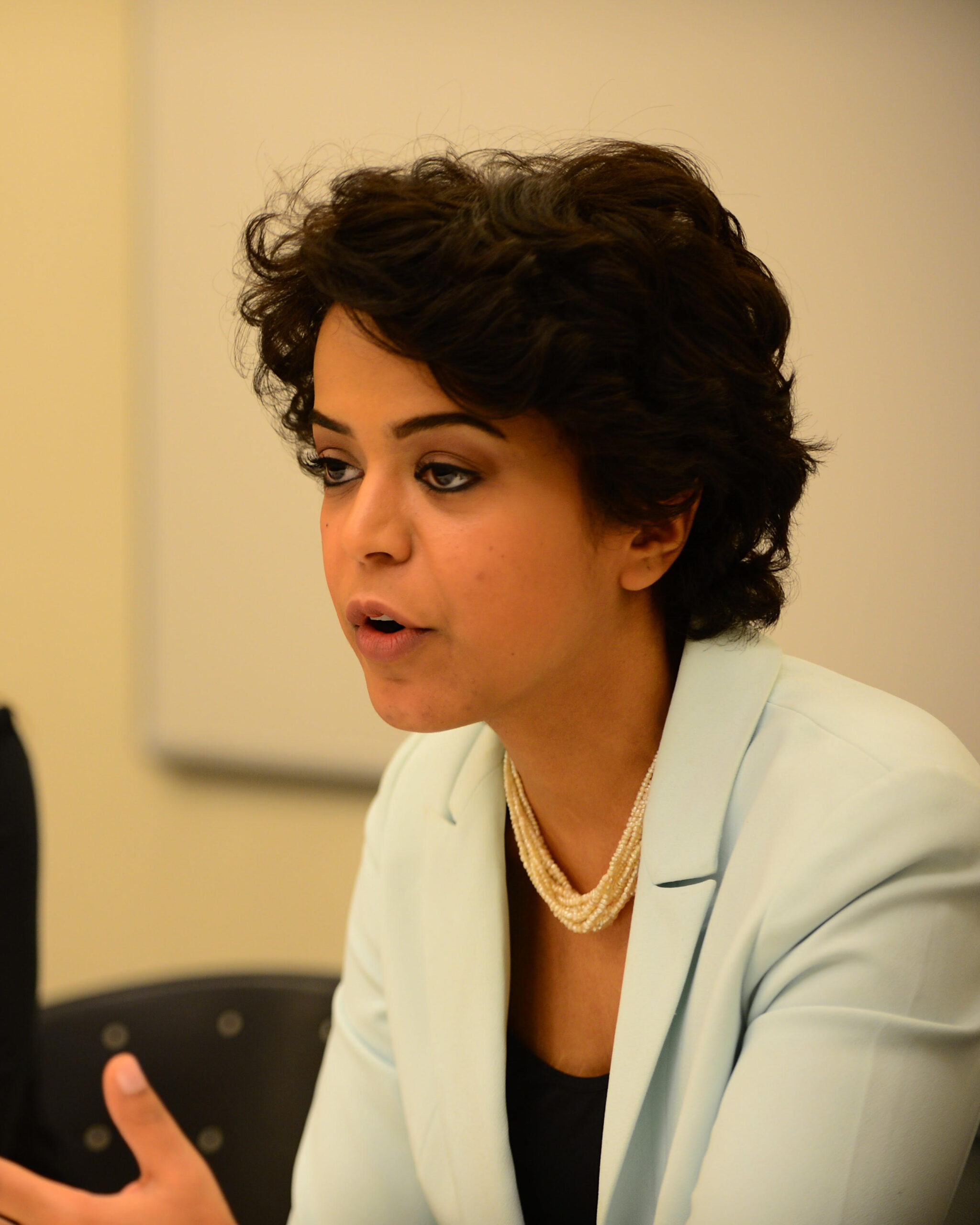Bahrain Beckons Tourists as It Diversifies Its Economy
Augustine of Hippo once remarked: “The world is a book and those who do not travel read only one page.” In the last few years, the Bahraini government has launched a multipronged strategy to ensure that the kingdom’s page is more frequently read by the world’s travelers. Can it succeed in a region riddled with...
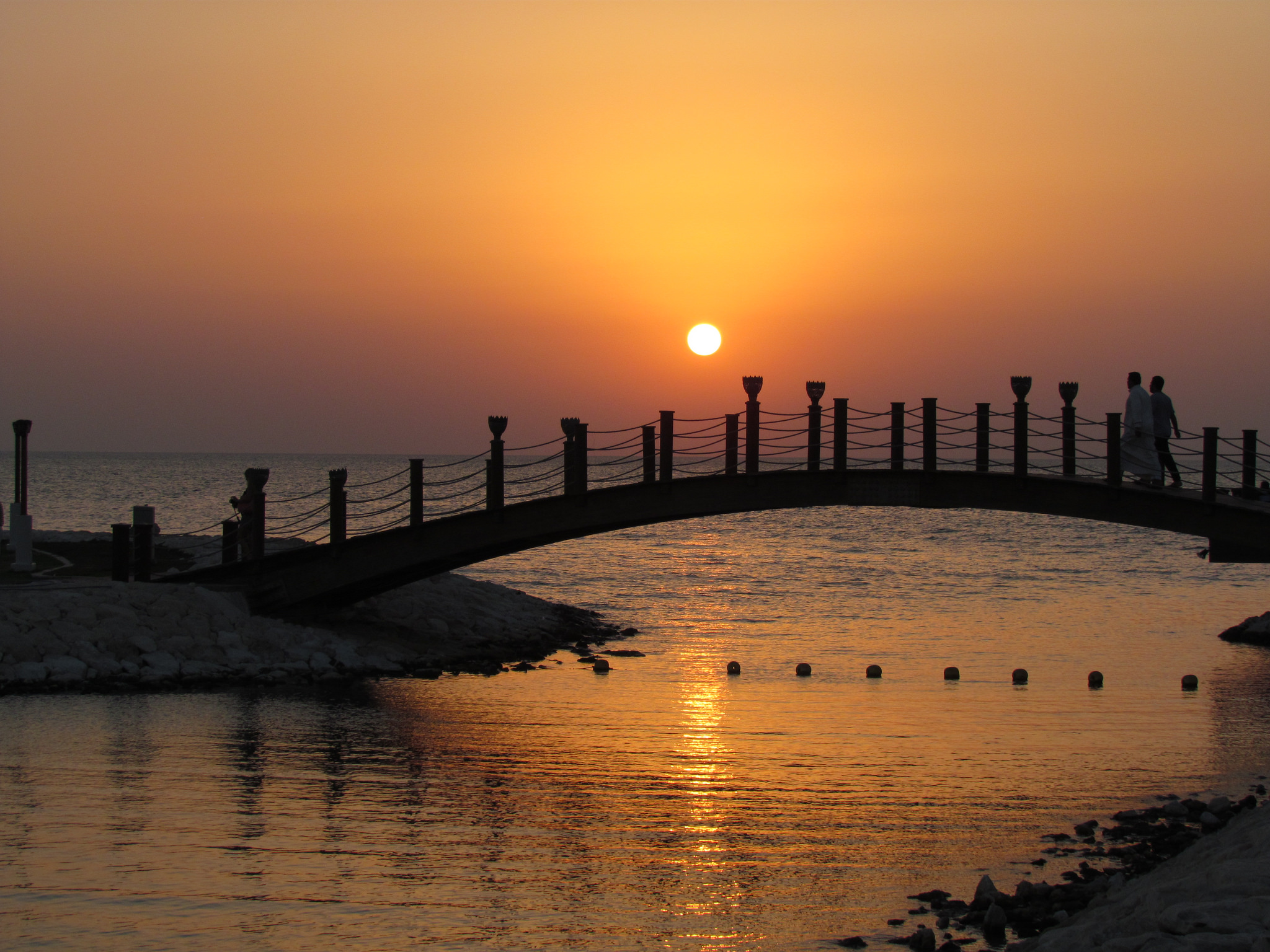
Augustine of Hippo once remarked: “The world is a book and those who do not travel read only one page.” In the last few years, the Bahraini government has launched a multipronged strategy to ensure that the kingdom’s page is more frequently read by the world’s travelers. Can it succeed in a region riddled with security threats?
All of the Gulf states’ economic roadmaps stress the need to develop the tourism sector, as part of a broader economic diversification strategy. In Bahrain, the sector accounts for around 5 percent of gross domestic product, and a slightly higher percentage of jobs. In contrast to its Gulf neighbors, however, Bahrain has been attracting travelers since antiquity, due to a combination of its strategic location on trade routes and natural springs – attributes that drew the mythic Gilgamesh to the archipelago, according to Sumerian cuneiform inscriptions.
Nevertheless, there is a sense among the kingdom’s residents that its modern tourism sector is operating significantly below potential: Of the 12.2 million visitors it attracted in 2016, 60 percent were from Saudi Arabia, a figure that belies the breadth of Bahrain’s relations with rest of the world.
Growth in Bahrain’s tourism has been robust, with a 26 percent increase in visitors from 2010-16. To continue to increase growth, three complementary government bodies have sought to improve the kingdom’s tourism credentials: the Bahrain Authority for Culture and Antiques, the Bahrain Tourism and Exhibitions Authority, and the Economic Development Board. The work of these groups has effected a drastic overhaul of what visitors experience within the archipelago.
Prospective tourists are targeted before they even leave their homes with the launch of the “Ours, yours, Bahrain” brand, an attempt at leveraging Bahrain’s reputation for hospitality. Tourism offices have been established in important economic partners, including China, India, Russia, and the United Kingdom. Local carrier Gulf Air is set to expand its fleet, while the international airport is undergoing a $1 billion modernization plan. Specific targets have been laid out for 2018, including: reaching 15.2 million total visitors; increasing daily tourist expenditure by 15 percent; increasing the average stay from 2.2 to 2.5 nights; and increasing tourism’s contribution to GDP to 6.6 percent.
For the Saudis who dominate the current tourist flows, shopping, restaurants, and movie theaters are the main attraction, and a welcome change from the constraints that a conservative society places upon them back home.
Attracting travelers from beyond the Gulf Cooperation Council states requires a different profile of services, however, which underlies government efforts at upgrading cultural and entertainment facilities. Several UNESCO world heritage sites have been developed, including the Bahrain pearling trail, which tells visitors about life in the Gulf prior to the discovery of oil, when pearling dominated the economy. The Bahraini island of Huwar – home to some unique wildlife – is also undergoing significant development to add further diversity to the range of touristic attractions.
These projects are an important part of what differentiates Bahrain from other GCC tourist destinations. For example, Oman emphasizes the natural beauty of its rural locations, whereas the United Arab Emirates offers entertainment facilities that cater to varied global tastes. Given the comparatively small size of the GCC countries, the touristic product differentiation strategy pursued by each member actually serves all of their interests, as it creates an opportunity for visitors to discover different facets of the Gulf as they hop from one country to the next. Destinations such as Bahrain and Oman are best seen as complements rather than substitutes.
For the Economic Development Board, an implicit component of the strategy has been to transform casual tourists into prospective investors. Bahrain has fewer restrictions on foreign ownership of business and property than most countries, including the rest of the GCC states, and the government is always keen to remind foreign capitalists of its persistently high performance in international rankings of economic freedom.
The Bahrain Tourism and Exhibitions Authority is also cooperating with the Information and eGovernment Authority to establish a sophisticated system for tracking visitors’ numbers and activities. Falling oil prices have reinforced the need to spend efficiently – a task that requires precise data. Moreover, authorities realize that aligning tourism assets in the right way can amplify returns; microdata on spending patterns and customer evaluations is a critical ingredient for ensuring that each link in the tourism value chain is operating soundly.
An additional notable feature of the kingdom’s tourism strategy is the presence of significant GCC financial aid. In 2011, in response to civil unrest experienced by Bahrain and Oman, the remaining four members of the GCC granted each of the two countries $10 billion in aid for infrastructure development. Just as Americans became used to seeing highway signs indicating funding from the American Recovery and Reinvestment Act of 2009, Bahraini residents regularly see flags of the donor GCC countries on the informational signs accompanying infrastructure projects, such as the UAE’s support for the airport expansion, or numerous instances of Kuwaiti and Saudi funding for highway construction.
While Bahrain’s tourism authorities have been marketing the kingdom to law-abiding prospective tourists, its diplomatic and security authorities have been striving to scupper the efforts of violent external actors to get into Bahrain, or to support Bahrain-based belligerents financially or materially. The very public statements by the government regarding its counterterrorism efforts makes promoting tourism more difficult, suggesting that there may be higher returns associated with alternative ways of diversifying the economy, such as expanding the sovereign wealth fund, or developing manufacturing capacity.
There are a number of reasons for tourism authorities to persevere.
First, Bahrain has relied primarily on word-of-mouth to attract visitors due to its small size, and conversations suggest that visitors are leaving with a positive impression. In this sense, like boutique restaurants in big cities, mainstream media is of secondary importance.
Moreover, as the Brexit and the 2016 U.S. presidential votes suggested – and as confirmed by U.S. polls – the public’s trust in traditional media globally is low and falling, limiting the influence of media coverage – positive or negative – on tourists’ decision calculus, and amplifying the importance of peer-to-peer channels such as Expedia and TripAdvisor reviews.
Second, tourism has many virtues as part of a balanced economy. The International Monetary Fund has been stressing the need for the GCC countries to diversity their exports, not just their economies, and tourism serves this function.
Further, unlike natural mineral resources, touristic amenities, such as Bahrain’s ancient castles or hospitable culture, are renewable, a desirable attribute in a decade during which sustainable economic development has become a key tenet of global partnerships.
Thousands of years ago, the beauty of Dilmun (Bahrain’s former name) convinced Sumerians to designate it the Garden of Eden, and contemporary civilizations buried thousands upon thousands of their dead there in search of a shortcut to paradise. Many of those burial mounds still stand today, reminding residents and visitors alike of the archipelago’s desirability. Prior to the 2014 oil price crash, the deployment of a wide-ranging and coherent strategy to monetize Bahrain’s intangible tourism assets was a luxury, while in 2017, it is a necessity.
The views represented herein are the author's or speaker's own and do not necessarily reflect the views of AGSI, its staff, or its board of directors.
